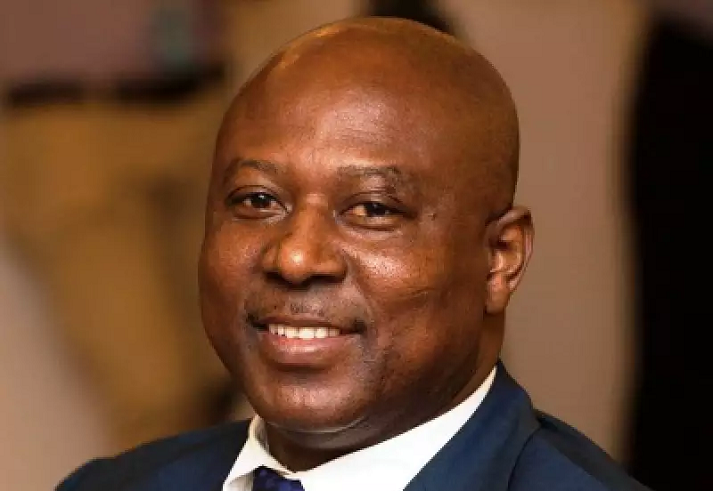
Govt closes 3,160 accounts at BoG out of its 11,500
Government has started closing its over 11,500 multiple accounts with the Bank of Ghana and other banks in order to achieve a single treasury account to manage its funds better, and also meet a requirement of the International Monetary Fund.
This will stop the practice of government borrowing its idle funds at commercial banks to finance its budget at an interest.
At the presentation of the supplementary budget statement to Parliament in Accra last week, Finance Minister, Mr Seth Terkper said about 11,500 bank accounts had been identified, out of which, 5,500 were at BoG, while 6,000 were with banks.
The supplementary budget requested for GH¢1,888,203,387 for the rest of the year.
Out of the number at the BoG, 3,160 were closed and 700 have been set up under the Ghana Integrated Financial Management Information System (GIFMIS). Work is currently going on to streamline the remaining 1,640 at the BoG and those at the commercial banks.
This, he said, “will prevent these funds remaining dormant or idle, while government borrows sometimes its own funds to finance the budget”.
“This is also to pool and manage all government accounts in all banks—that constitute the consolidated and, where relevant, other public funds—into one account”, Mr Terkper emphasized.
Starving banks
But an Economist at Databank, Mr Kingsley Courage Martey said the closure of government accounts with the commercial banks could drain liquidity from the commercial banks to the Bank of Ghana, which would starve the banks of the needed funds to support loan book growth and investment activities.
“In order to neutralise the liquidity effect of the Treasury Single Account (TSA) implementation, the Bank of Ghana would have to frequently conduct its "reverse repo operation" with the commercial banks in order support liquidity flow to the banking system”, he said in an email to the Graphic Business.
As a component of the Public Financial Management Act, the implementation of the TSA is expected to support government efforts to enhance efficient management of public funds as it would consolidate all government accounts into one single account.
On the one hand, the TSA is necessary to improve oversight and management of government funds as all accounts would be ultimately consolidated into a single account, possibly at the Bank of Ghana, which could also aid anti-graft drives due to the improved accountability.
IMF caution
In May this year, an IMF delegation to the country lead by Mr Toujas-Bernaté said at a news conference in Accra that “the preparation of a new public finance management (PFM) law and an amended BOG Act has been delayed.”
This, therefore, appears to be one of the pressure points on the government to expedite parliamentary processes to obtain the PFM Act ahead of the next IMF Review.
Meanwhile, the Finance Committee of Parliament has recommended a change to the Bank of Ghana (BoG) Amendment Bill to allow central bank financing of the budget deficit up to five per cent of the previous year's total revenue, the committee's chairman said.
Austerity programme
Current law allows the Bank to finance the deficit up to 10 per cent but the IMF wants the funding eliminated as part of Ghana's austerity program to restore economic balance and boost sustainable growth.
Until 2014, Ghana had one of Africa's fastest-growing economies based on its exports of gold, cocoa and oil. Growth has slumped sharply since and any threat to the IMF programme will hit the confidence of domestic and foreign investors.
If the bill passes with the five per cent amendment it would likely make it harder for the Fund's Board to approve disbursement of the next tranche of balance of payment support.
The fund said in a document issued in December 2015 that Ghana should: "Submit to Parliament a revised Law that strengthens the functional autonomy of BoG (and) sets a zero limit on monetary financing to the government and public institutions.
The finance committee's amendment comes in the context of an apparent delay on a decision by the IMF board on whether to disburse the next tranche of aid to Ghana following the third staff review of the programme in May.
The uncertainty is more acute because Ghana will hold an election in December when President John Mahama is expected to face a close race against opposition leader Nana Akuf